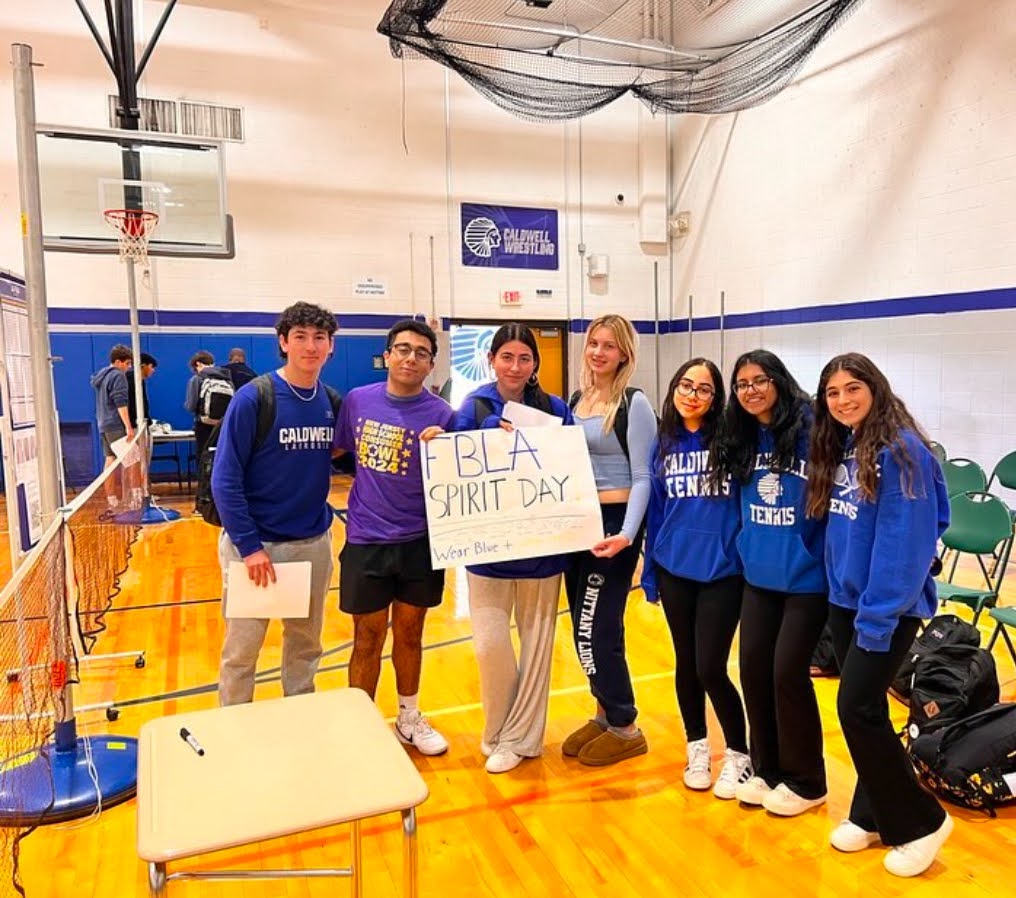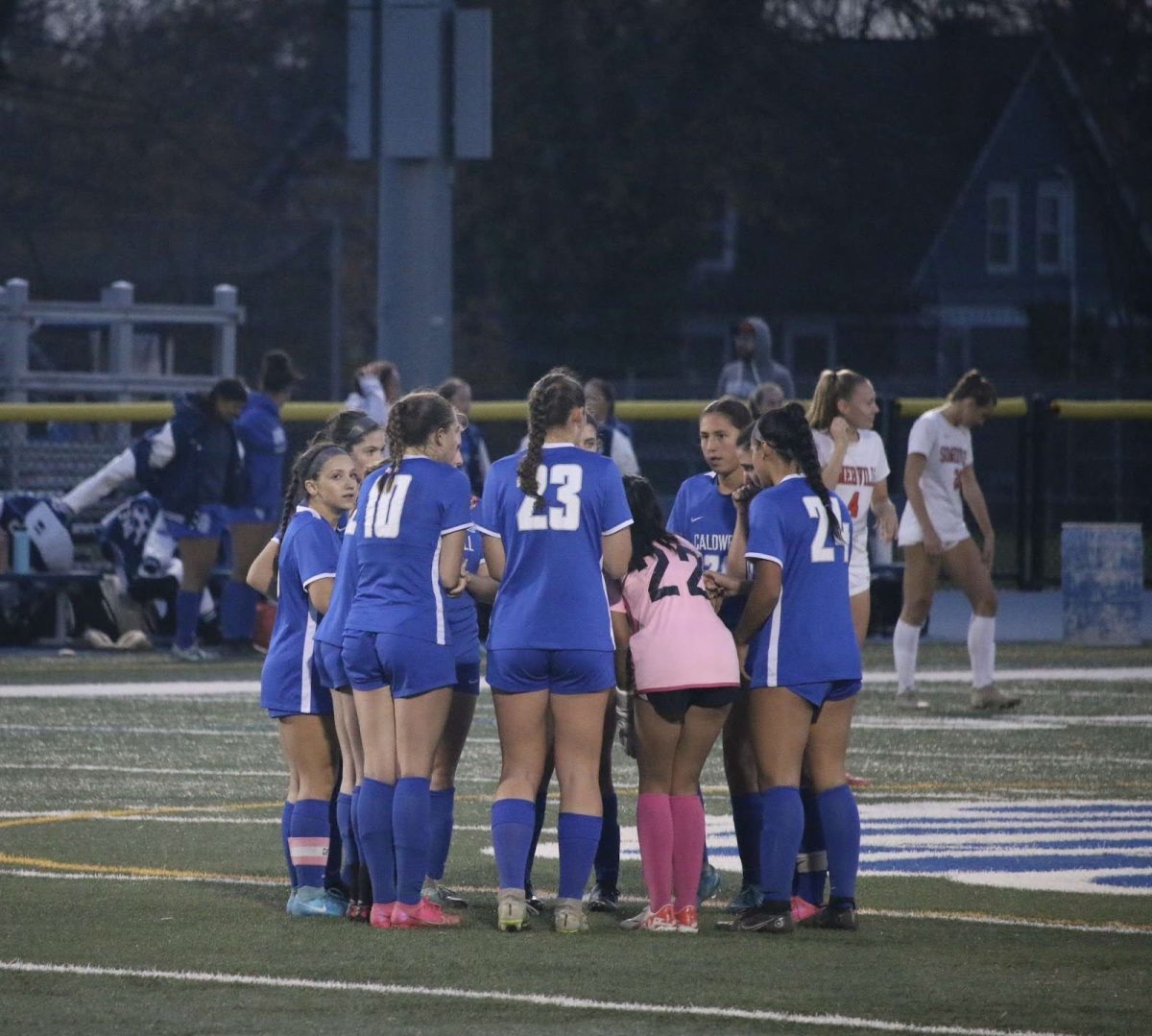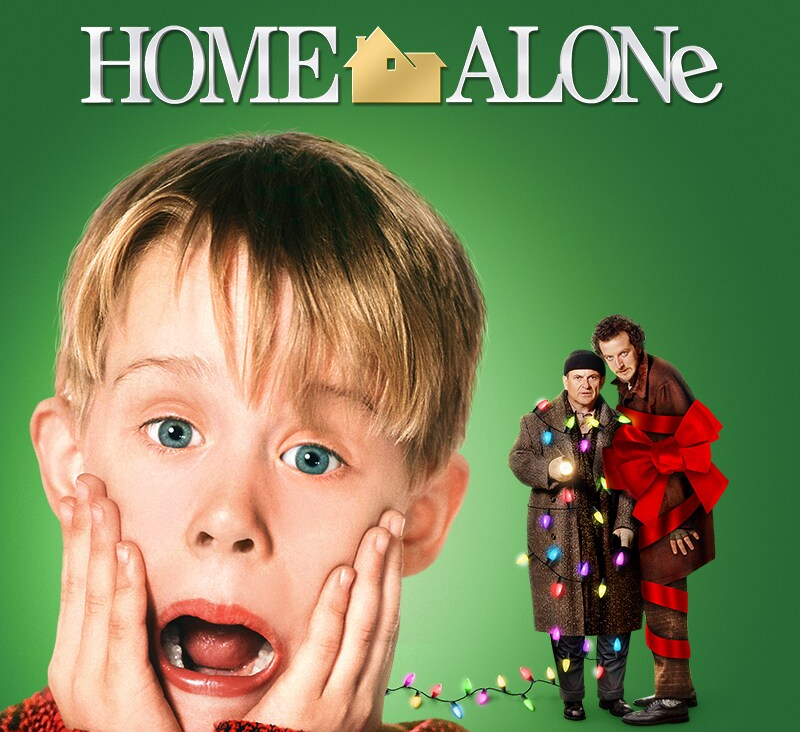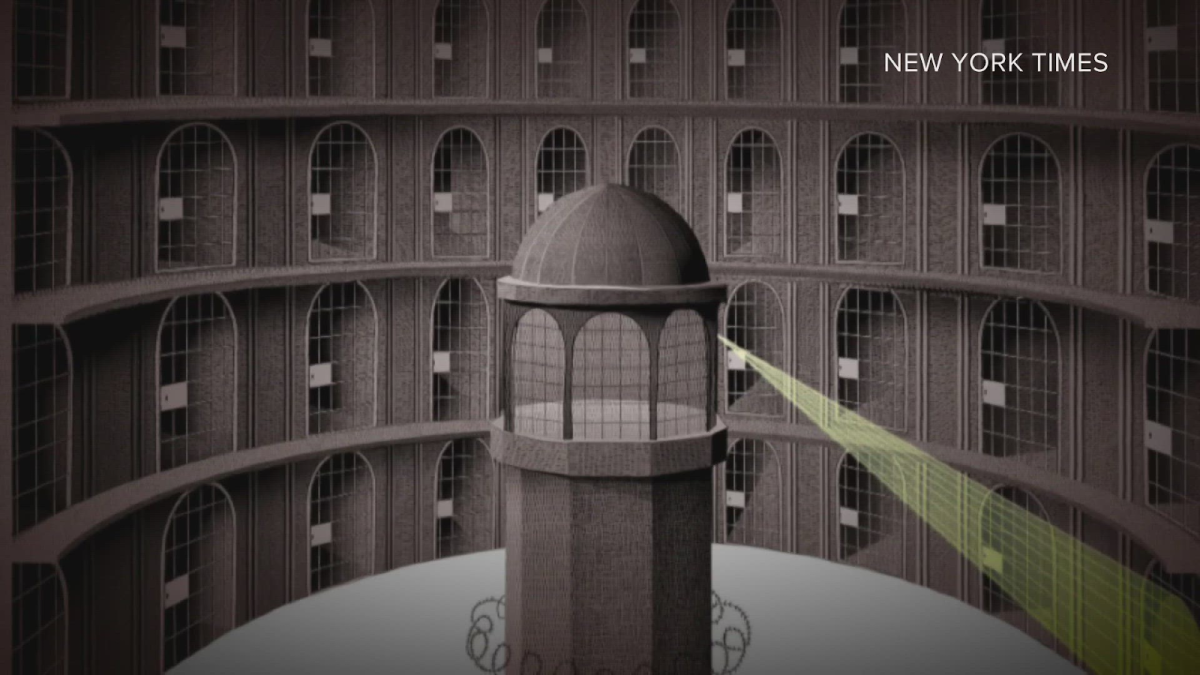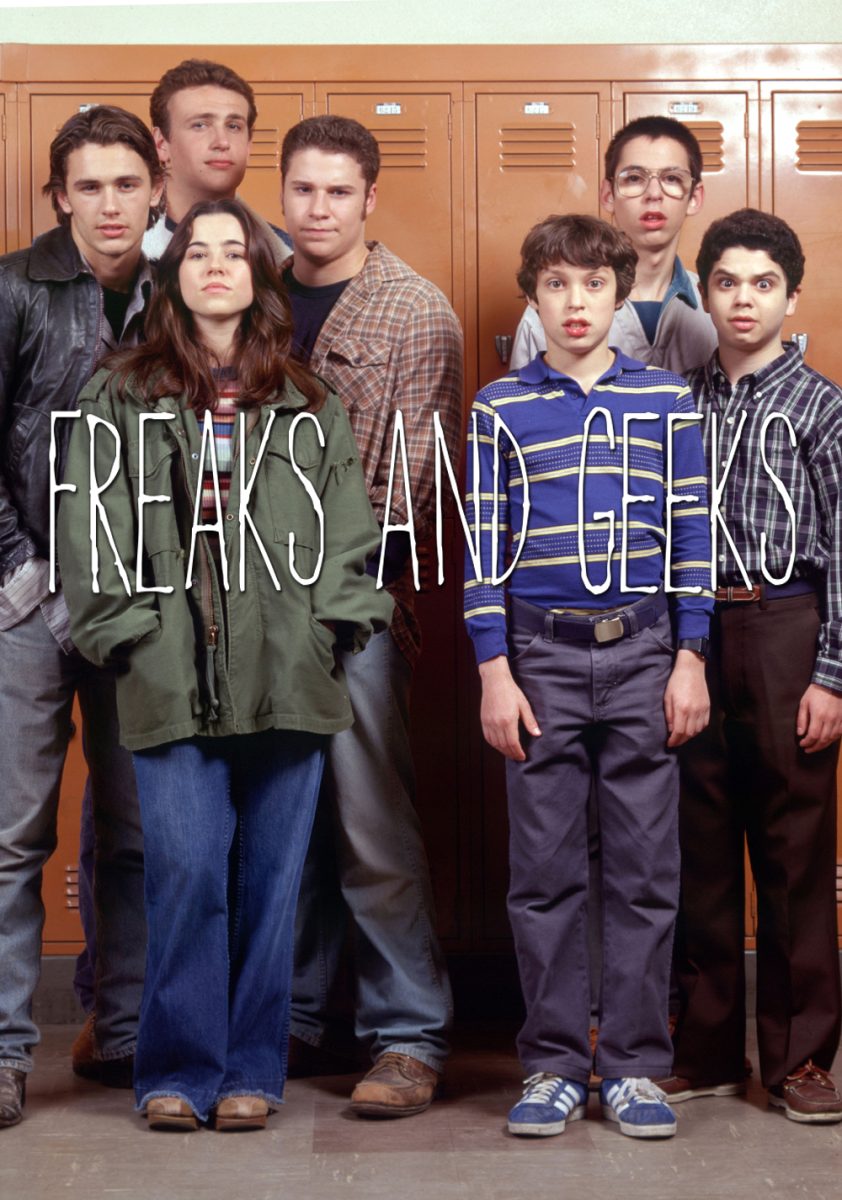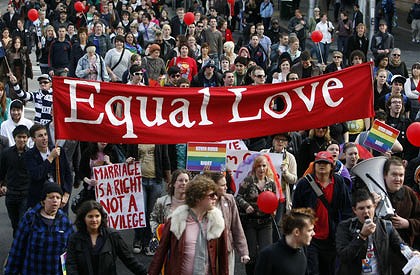By Emily Freed
After the June 2015 Supreme Court ruling that legalized same-sex marriage, the world celebrated wildly. However, in the wake of that achievement, it is important to recognize that the battle for equal rights for same-sex couples is not over. Marriage equality is not the be-all and end-all of the gay rights movements. In fact, it is far from that, as there is still opposition to be overcome. Alabama, a state infamous for its reluctance to enforce same-sex marriage, has yet again put a roadblock in the way of gay rights. In the most recent Supreme Court case about LGBT issues, the Supreme Court overturned the Alabama Supreme Court’s decision to restrict the parental rights of a lesbian adoptive mother.
This case, known as V.L. vs E.L., revolved around a former same-sex couple that had three children together. E.L., the biological mother, gave consent for V.L. to adopt the children in a Georgia court while they were still together. When the two split, E.L. tried to restrict the parental rights of her ex-girlfriend on the grounds that the adoptive rights were given by a Georgian court, while the two lived in Alabama, where the law states that adoptive rights cannot be given to an unmarried parent in a same-sex relationship if they have no biological connection to the children.
Once the decision made its way to the Supreme Court, the court had to rule whether a state could overrule the finding of another state. In a unanimous vote, the justices decided “a state may not disregard the judgment of a sister state because it disagrees with the reasoning underlying the judgment or deems it to be wrong on the merits.” In other words, Alabama could not disregard the adoptive rights of V.L. because they disagreed with unmarried members of same-sex couples receiving adoptive rights.
The ruling of the case was met with celebration, similarly to the June 2015 decision to legalize same-sex marriage. This case answered the previously precarious question of same-sex adoption rights. While over half the states in the US legalized adoptions for same-sex couples, there are still many challenges for such adoptive parents. This case could have far reaching implications. In other states that challenge the adoptive rights of gays and lesbians, V.L. vs E.L. could set an important precedent to stop the discrimination against same-sex couples in this situation. As the director for the National Center of Lesbian Rights said, “No adoptive parent or child should have to face the uncertainty and loss of being separated years after their adoption just because another state’s court disagrees with the law that was applied in their adoption.”
V.L. vs E.L. is another important step forward for the gay rights movement. While many saw the goal of same-sex marriage as the apex of the gay rights movements, that is far from true. Marriage was one important step needed to secure rights for couples, because it grants hospital visitations, inheritances, and other legal rights that only married couples could have. After that was achieved, discrimination against homosexuals did not magically disappear. Society today is just as homophobic as it was before the Supreme Court decision. That is evidenced in particular by the actions of Alabama following the court’s ruling. There will always be opposition to granting minorities the rights that have been so long withheld from them. It is important that people still band together and fight to secure rights for those that are oppressed. The first step was protesting, all the way back in the 1980s during the AIDS epidemic. Then came the fight for marriage equality. At the moment, it is adoptive rights. There will always be a battle to be fought to ensure equality is won. We cannot give up after one victory. As Americans, who say that they value freedom over all else, we should stand and make sure that discrimination does not go unnoticed. It is a proud day when, yet again, the Supreme Court stands up for those being treated unfairly, but we need not become complacent. Legal challenges to same-sex marriage have existed since the moment the court case was decided. As future cases and struggles come to light, I hope Americans fight again to support these issues as they have done in the past to support marriage equality.

